Bihar Switch to Hindi
Bihar First State to Introduce e-Voting
Why in News?
Bihar has become the first state in India to introduce an e-voting system for urban local body elections.
- The Bihar State Election Commission (SEC) will implement this digital voting method through two mobile applications “e-Voting SECBHR” developed by C-DAC and another app developed by the Bihar State Election Commission.
Key Points
- E-Voting System: Electronic voting systems can involve using e-voting machines or kiosks at polling stations, which record votes instantly and provide receipts without internet connectivity.
- First-of-its-Kind in India: Bihar is the country’s first state to adopt an e-voting system for municipal and urban body elections.
- Estonia was the first country in the world to use online voting in 2005.
- Technological Features:
- The system ensures tamper-proof voting through blockchain security and biometric authentication like liveness detection and face matching.
- Bihar’s SEC has also introduced digital innovations like the Face Recognition System for voter verification, OCR for vote counting and results, and digital locks for Electronic Voting Machines (EVMs) strong rooms.
- Significane:
- Inclusive Voting: E-voting enables migrants, remote voters, disabled, pregnant women, seniors, and the seriously ill to vote from anywhere.
- Increased Turnout: The initiative will raise voter participation by making voting more accessible and convenient.
History of Electronic Voting Machines in India:
- 1977: Chief Election Commissioner S.L. Shakdhar proposes the idea of EVMs.
- 1980–81: EVMs are developed and demonstrated by Electronics Corporation of India Limited (ECIL) and Bharat Electronics Ltd (BEL).
- 1982–83: EVMs are used for the first time in 50 polling stations in Parur constituency, Kerala, and later in 11 Assembly constituencies across 8 states and 1 Union Territory.
- 1984: The Supreme Court halts EVM usage, citing the need for amendments to the Representation of the People (RP) Act 1951.
- 1988: The RP Act is amended, legally enabling EVM use from 15th March 1989.
- 2018: The Supreme Court rejects a petition demanding a return to ballot papers.
- 2013: Conduct of Election Rules, 1961 amended to introduce Voter Verifiable Paper Audit Trail (VVPAT) for greater transparency.
- VVPATs were first deployed in the by-election for 51-Noksen Assembly Constituency in Nagaland.
Bihar Switch to Hindi
Sahitya Akademi Yuva and Bal Puraskar 2025
Why in News?
The Sahitya Akademi, India’s National Academy of Letters, has announced the winners of its prestigious Yuva Puraskar and Bal Sahitya Puraskar for 2025.
- For Maithili, Neha Jha Mani has won the Sahitya Akademi Yuva Puraskar 2025 for her poetry collection “Banaras Aa Hum”.
Key Points:
- Notable Awardees:
- Sahitya Akadem Yuva Puraskar 2025:
- English: Advait Kottary for Siddhartha: The Boy Who Became the Buddha (Novel)
- Hindi: Parvati Tirkey for Phir Ugna (Poetry)
- Urdu: Neha Rubab for Mazharul Haque: Thareek-e-Azadi-e-Hind : Hind Ka Faramosh Kardah Qaaed (Novel)
- Bal Sahitya Puraskar:
- English: Nitin Kushalappa MP for Dakshin South Indian Myths and Fables Retold
- Hindi: Sushil Shukla for the Ek Batey Bara
- Maithili: Munni Kamat for collection of short stories for children- Chukka.
- Urdu: Ghazanfar Iqbal for Quami Sitare (Articles)
- Sahitya Akadem Yuva Puraskar 2025:
About Sahitya Akademi:
- Established: Formally inaugurated on 12 March 1954 by the Government of India as the National Academy of Letters.
- Purpose: Promotes Indian literature, sets high literary standards, encourages dialogue across languages, and fosters cultural unity.
- Languages: Works in 24 Indian languages, including all 22 constitutional languages plus English and Rajasthani.
- Activities:
- Publishes books, journals, dictionaries, and encyclopedias — over 6000 books so far; about one new book every 19 hours.
- Organises seminars, workshops, literary meets — nearly 300 events per year across India and abroad.
- Runs translation centres and archives; promotes tribal and oral literature.
- Awards 24 annual literary awards, 24 translation awards, Bhasha Samman, fellowships, and cultural exchange programs.
Sahitya Akademi Bal Sahitya Puraskar
- Established: 2010 to honor outstanding children's literature for readers aged 9-16.
- Languages: Awarded in 24 Indian languages recognized by Sahitya Akademi.
- Award Components: ₹50,000 cash prize, an engraved plaque, a shawl, and a citation.
- Eligibility:
- Original, creative work published within the last five years.
- At least three eligible books in the language that year.
- Myth adaptations and posthumous works (within five years) allowed.
- Ineligible: Translations, anthologies, abridgements, theses, and works by Board members, Fellows, or Bhasha Samman awardees.
Sahitya Akademi Yuva Puraskar
- It was started in 2011 to honour young Indian writers (aged 35 or below) for original literary works in recognised languages.
- Only Akademi awards are open for self-nomination and publisher nomination.
- Includes a ₹50,000 cash prize, a plaque, shawl, and citation.
- Eligibility:
- The author must be an Indian national, aged 35 or less on 1st January of the award year.
- Work must be original, not a translation, abridgement, thesis, or prior awarded work.
- Posthumous works are not allowed.
- Minimum three eligible books must be available in the language.






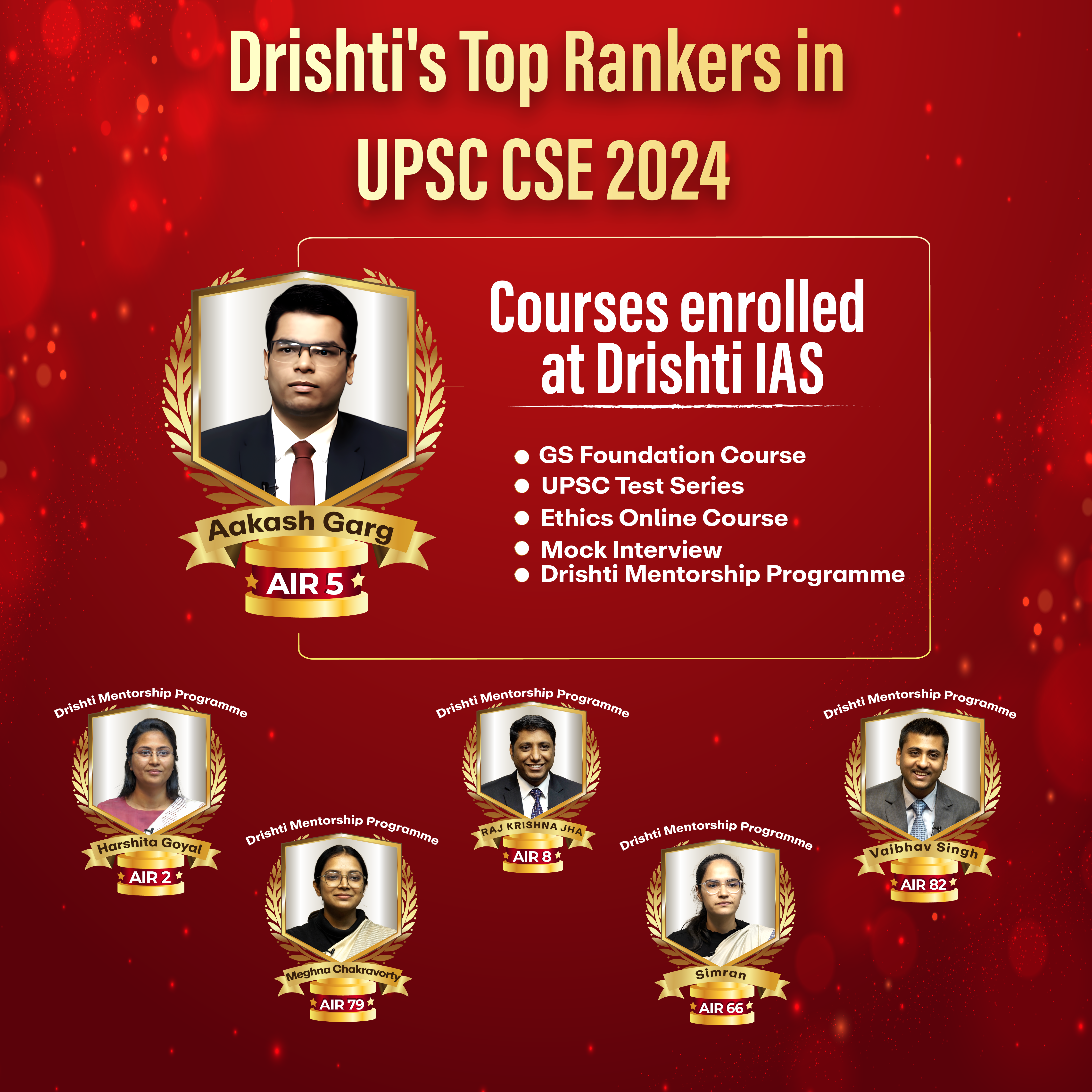

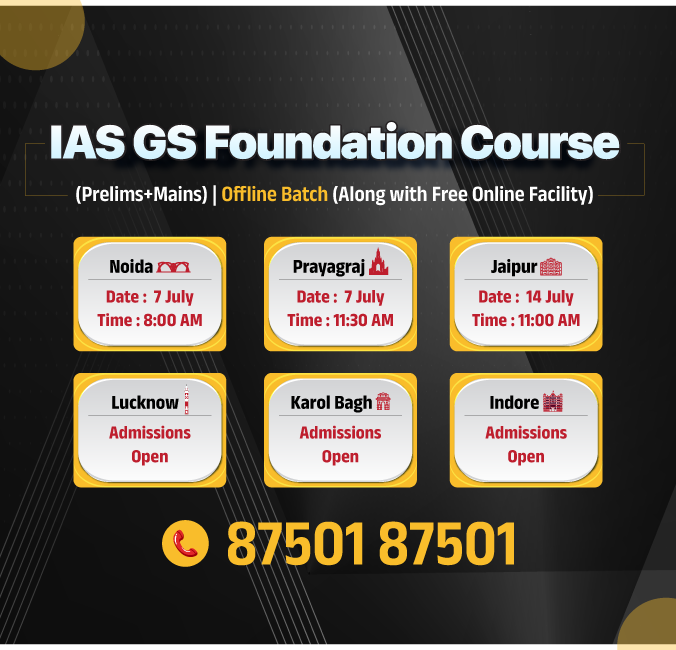

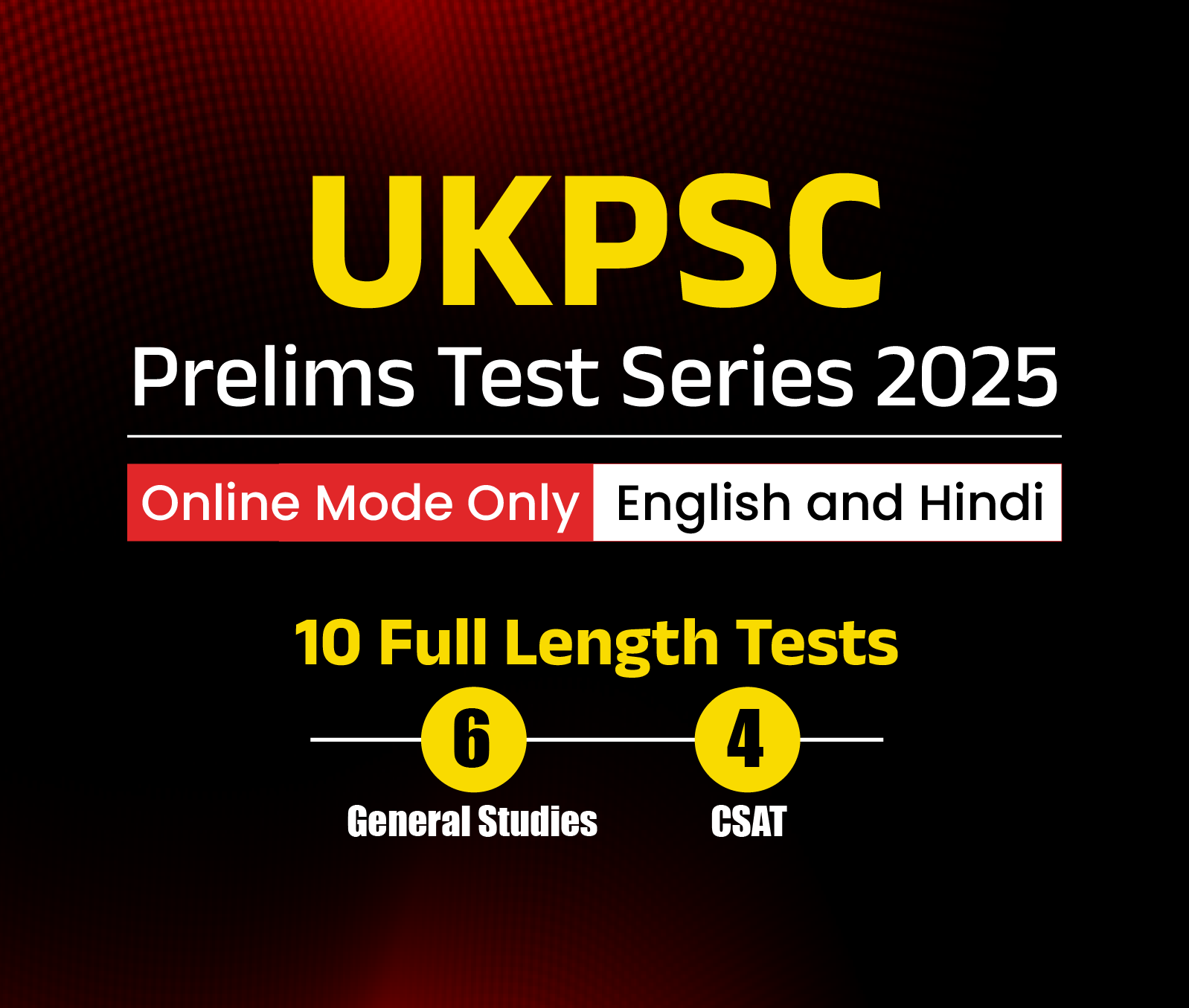

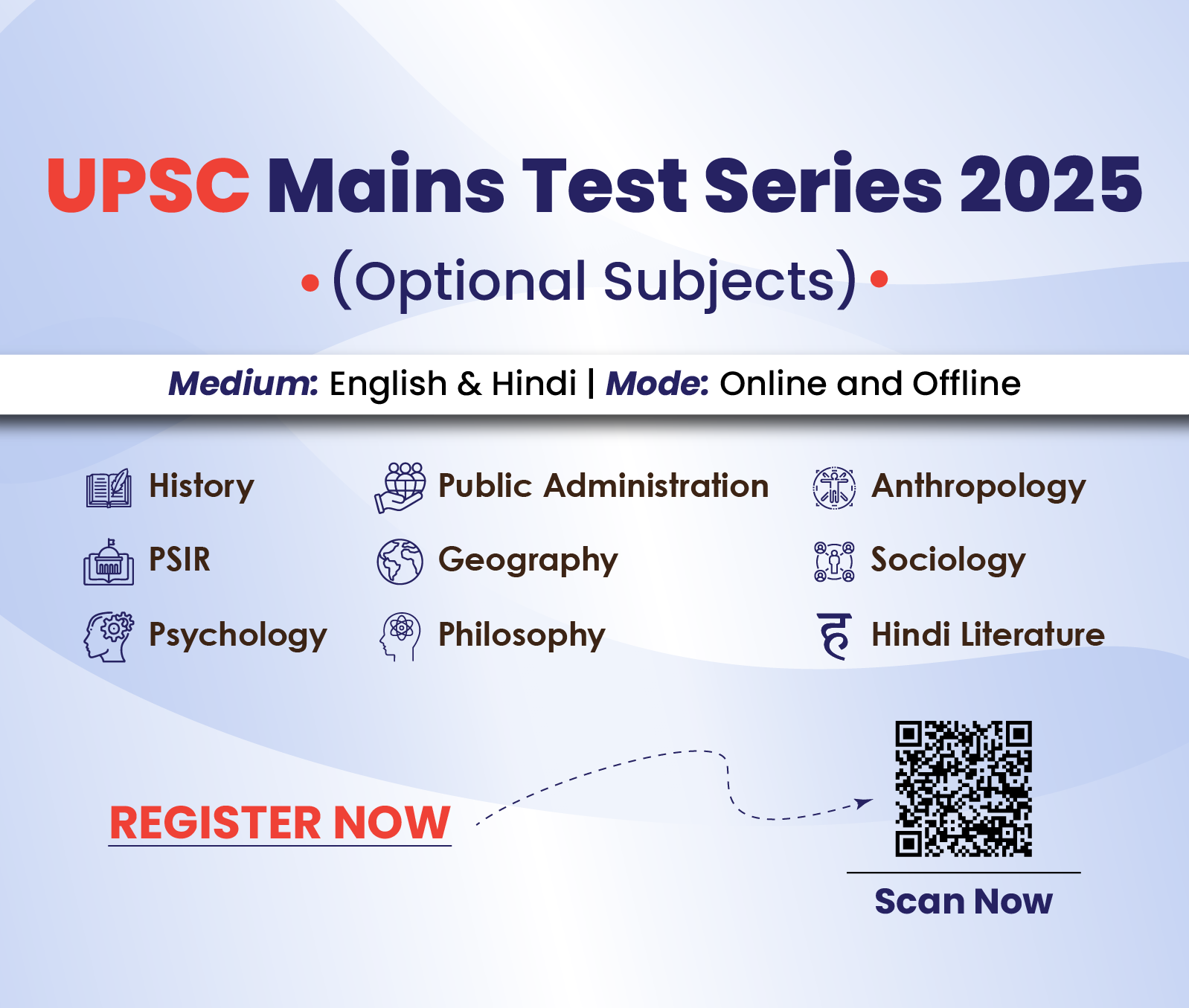

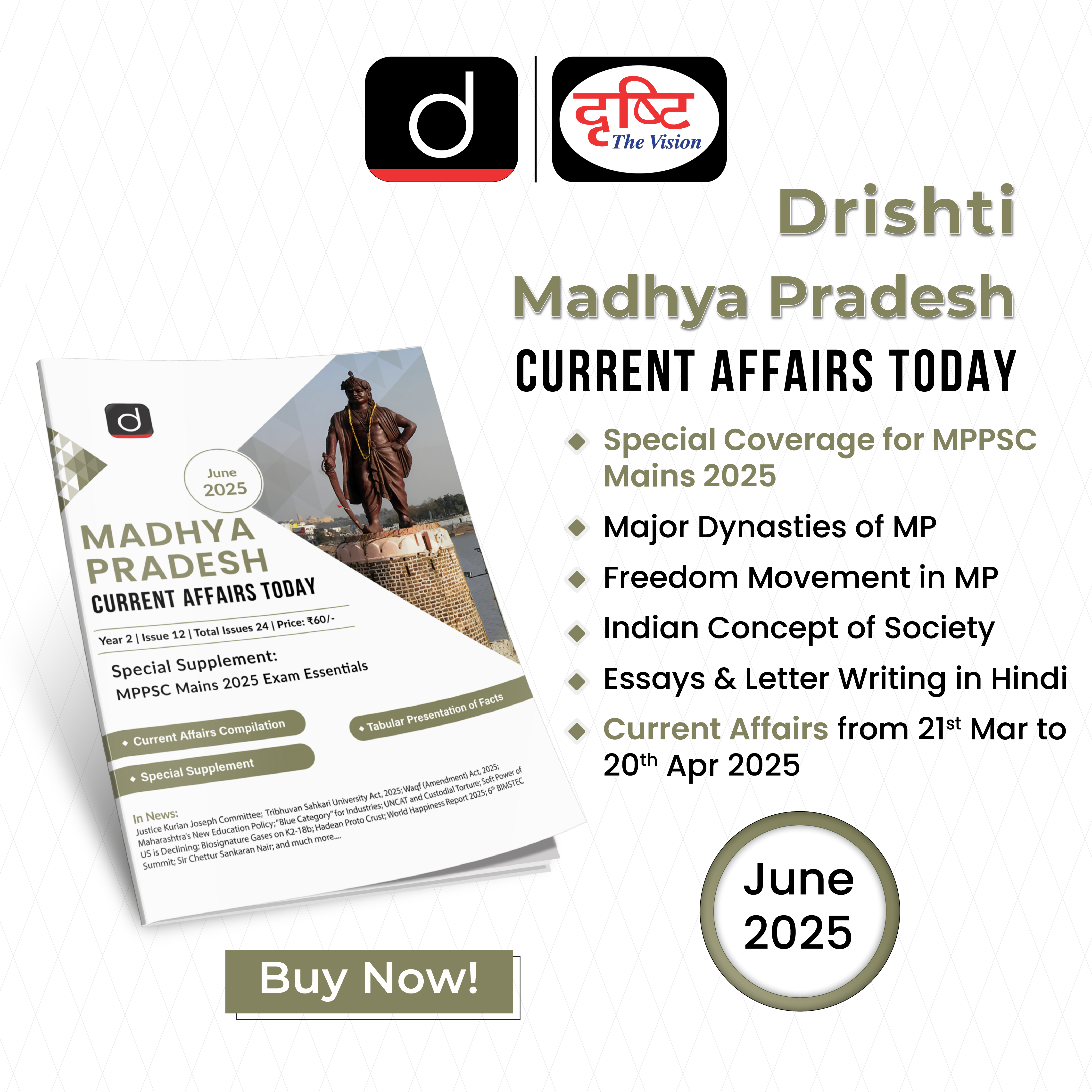
%20MPPCS%202025%20Desktop%20E.jpg)
%20MPPCS%202025%20Mobile%20E%20(1).jpg)

.jpg)

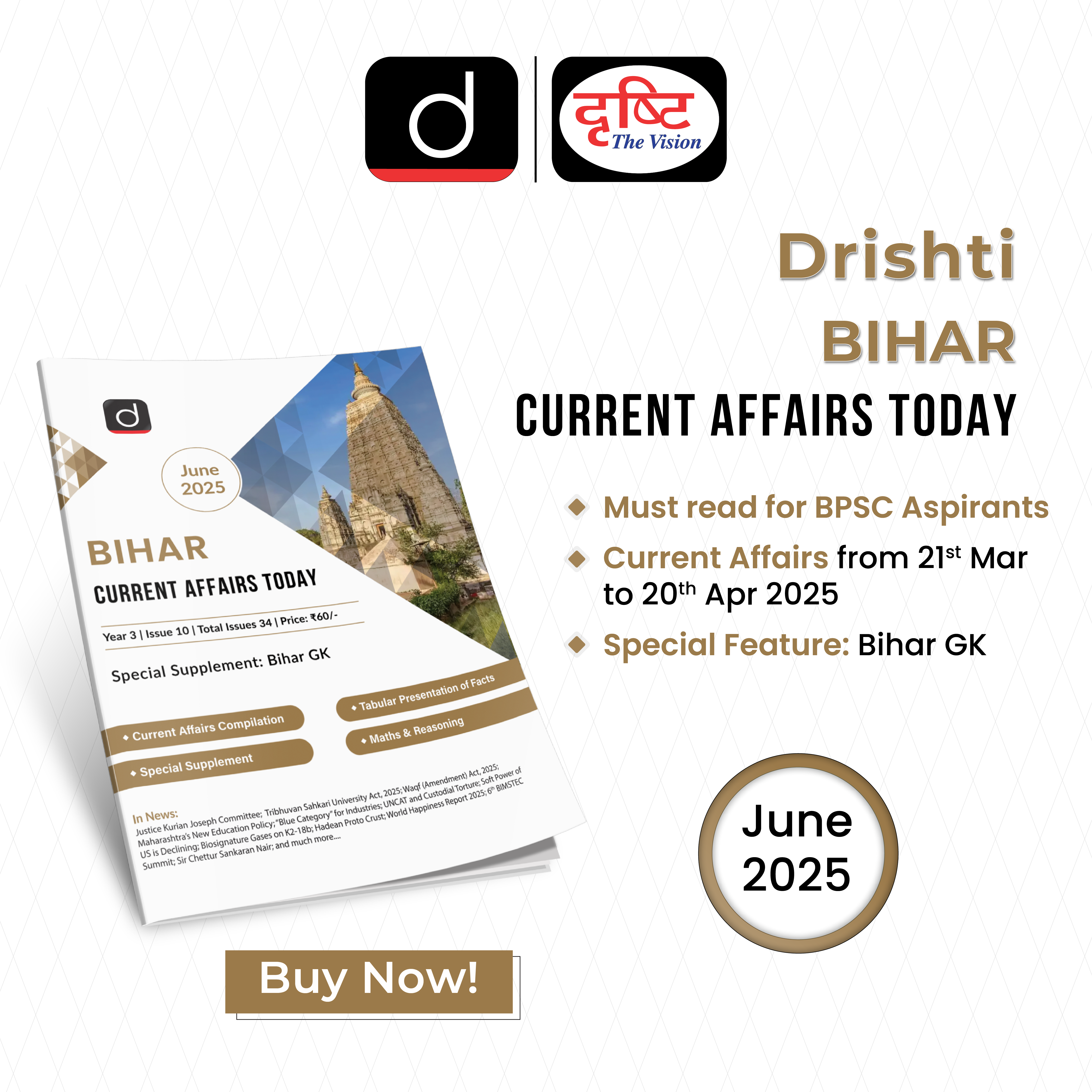

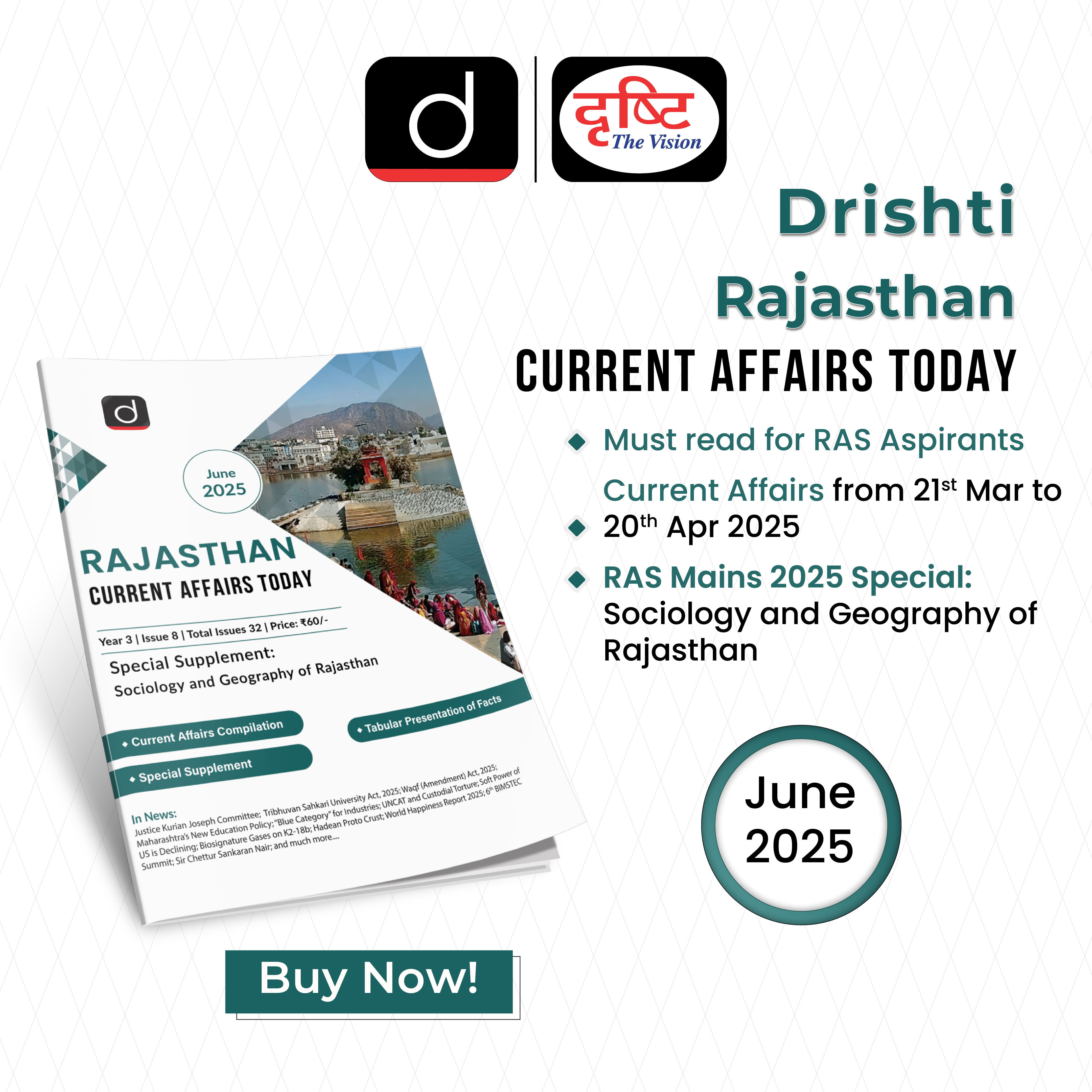



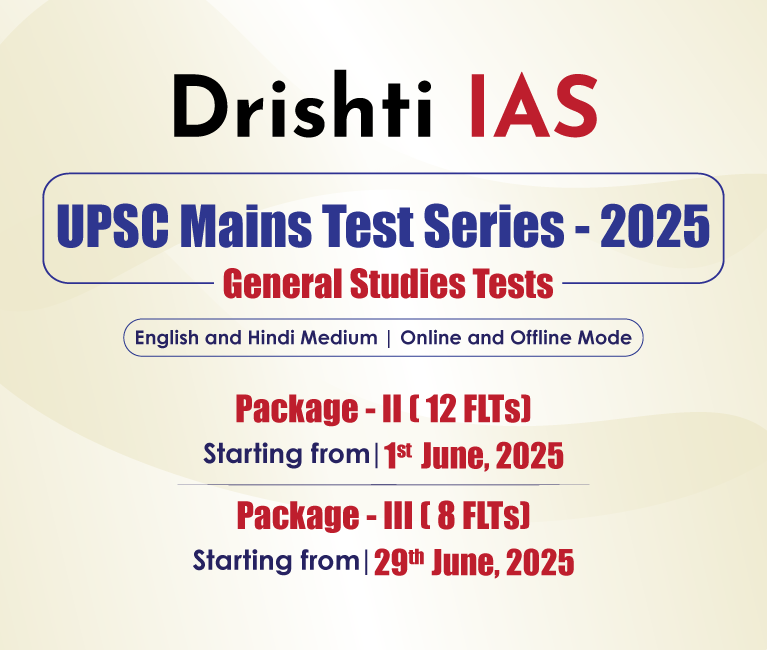

.png)







 PCS Parikshan
PCS Parikshan

